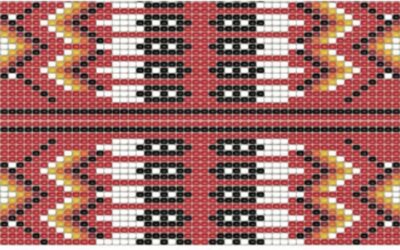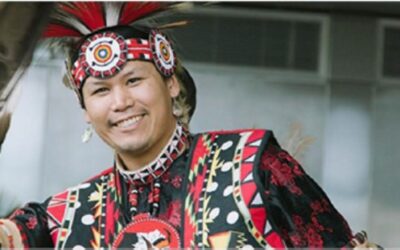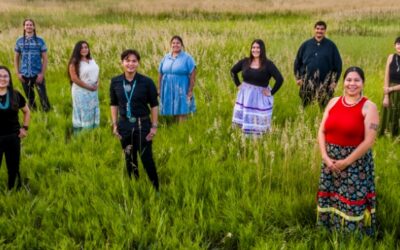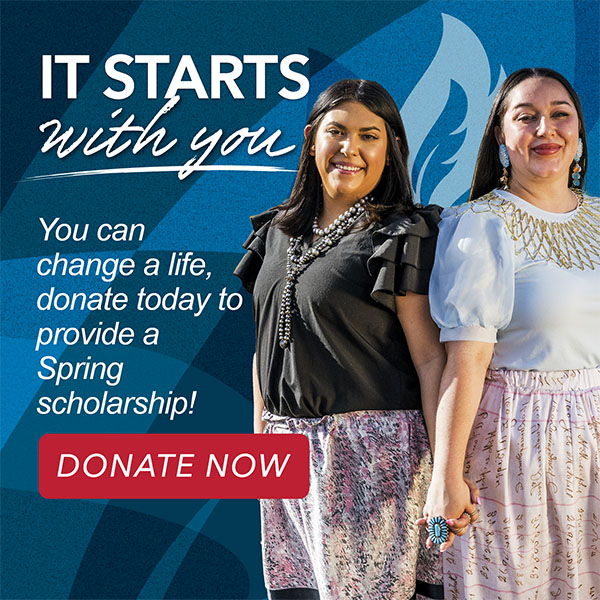Now, that hard-won status, codified in treaties, is once again under threat.
What Does the SAVE Act Do?
The SAVE Act proposes changes to birthright citizenship for children born to undocumented immigrants, non-citizen visa holders, and individuals without permanent status. In doing so, it opens the door to significant reinterpretations of what it means to be “born in the United States,” which may have direct implications for Native communities.
Some lawmakers have suggested that Tribal lands are not part of the United States for citizenship purposes. This interpretation would challenge how Native sovereignty is understood, especially for students born on reservations.
With their citizenship status under threat, Native communities would be forced to travel long distance to attain birth certificates and social security documents to prove their citizen status – if these documents are available at all. These effects ripple out: all the way to the ballot box.
Why Does This Matter to Indian Country?
Native people hold dual citizenship as members of their Tribal Nations and the United States, a status protected by the Indian Citizenship Act of 1924 and affirmed through decades of federal law. But under the SAVE Act, these long-standing protections become vulnerable to reinterpretation, abuse, and erasure.
Already, Native students are facing increased scrutiny, as well as bureaucratic barriers to basic rights like housing and education. The SAVE Act would only increase the confusion and discrimination Native students experience, and make it harder to exercise their right to vote and make their voices heard.
This fight is about more than legal theory – it’s about civil rights. It’s about who gets to belong – and whether Native people will once again be told they’re not “really” citizens.
What Can You Do?
Your voice matters. Contact your elected officials today and tell them to protect birthright citizenship – for Native peoples, and for everyone who calls the United States home.
Here’s a sample script to get you started:
Hello, my name is [Your Name], and I live in [Your City/State or Zip Code].
I’m calling as a constituent and as someone who supports Native students and Tribal communities. I’m deeply concerned about the SAVE Act (H.R. 22), which seeks to end birthright citizenship for people born in the U.S. to non-citizen parents.
What worries me the most is that H.R. 22 could lead to harmful changes in how citizenship is defined, especially for Native people born on reservations. Some lawmakers are suggesting that Tribal lands aren’t “within” the U.S., which means Native citizens could be excluded.
This would allow more restrictive voting measures to be implemented, forcing Native communities to shoulder the burden of travel, lost wages, and more in the pursuit of their inalienable right to make their voices heard at the ballot box.
I’m asking [Representative’s Name] to strongly oppose the SAVE Act and protect the citizenship rights of Native peoples and all Americans born on U.S. soil.
Thank you for listening.






